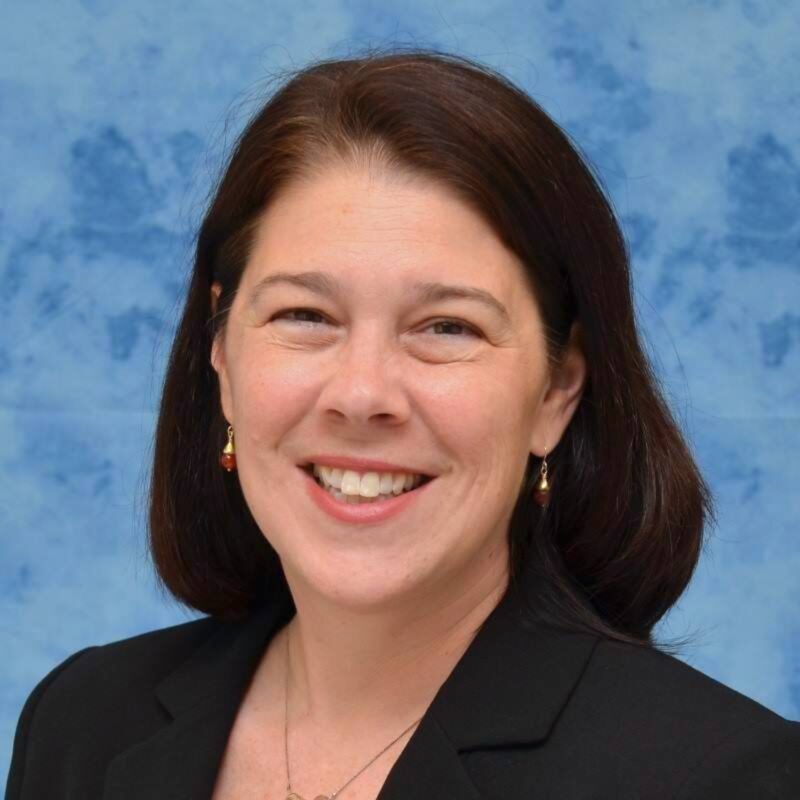Listen to an episode feature Meg:
The Nexus Between Global Education Research and Policy
by Meg P. Gardinier
Global Education Policy Manager, RESULTS
The breadth and scope of FreshEd Podcasts is truly amazing. How to choose only three? Having recently shifted from an academic to a policy advocacy role, I approached this task with a hybrid lens. Too often, it seems, the theory and research prioritized in academic spaces can be disconnected from the knowledge and expertise driving policy-making and advocacy. Nonetheless, there are important links to be made between global education research, policy-making, and advocacy. I selected three podcasts that I believe offer insights and possibilities on forging this critical nexus between global research and policy.
The first selection is Elizabeth Popp Berman’s 2022 podcast. There is so much I love about this podcast and Berman’s perspective based on her book. Berman provides a really interesting overview of economic reasoning as applied to public policy. The history itself is interesting and well-developed, tracing how various U.S. Presidents adopted and applied economic reasoning to policymaking. JFK, she notes, was a big proponent of economic expertise; he sought the input of academics in developing his public policies by creating a powerful council of economic advisors in the White House. What I found so valuable about her analysis was the link she explored between expertise and public policy-making as well as the subtle yet pervasive power of economic principles such as efficiency and cost-effectiveness, which have come to dominate the policy world.
It’s interesting to move from Berman’s analysis to Brad Olsen’s 2023 podcast. Olsen discusses a recent research report on scaling and decision-making in global education. What I love about this podcast, and the research behind it, is that it is intended to provide information and evidence to assist decision-makers in creating greater impact in the global education sector. Olsen, based at the Brookings Institution, makes many interesting points as well as centering the value of “homegrown local innovations” that emerge out of organic – or situated – knowledge and expertise which are often not on the radar of high-level decision makers and donors.
My third recommendation is Antonia Wulff’s 2021 podcast on “Tensions Implementing SDG4” based on her edited book. Wulff’s interview is fascinating as she provides a glimpse behind the institutional curtain on the process of envisioning and gaining consensus on the SDGs. It’s a consensus, she argues, that would not have been possible if accountability mechanisms had been attached, for while Agenda 2030 captures the ambitions for the future of the wide-ranging global stakeholders, the politics of the present, where governments generally refuse to “sign up” for binding agreements, also pervades. It’s poignant to juxtapose Wulff’s analysis of SDG4 with that of Girindre Beeharry in his 2021 podcast. Beeharry’s point that SDG4 represents more of a vision to be pursued than an objective to be realized underscores his advocacy for generating data to inform action on literacy and numeracy.
Taken together, these perspectives shed light on the theoretical underpinnings and institutional drivers of public policy-making and, in particular, the crucial importance of research to inform policy-making in the global education sector.
October 16, 2023







